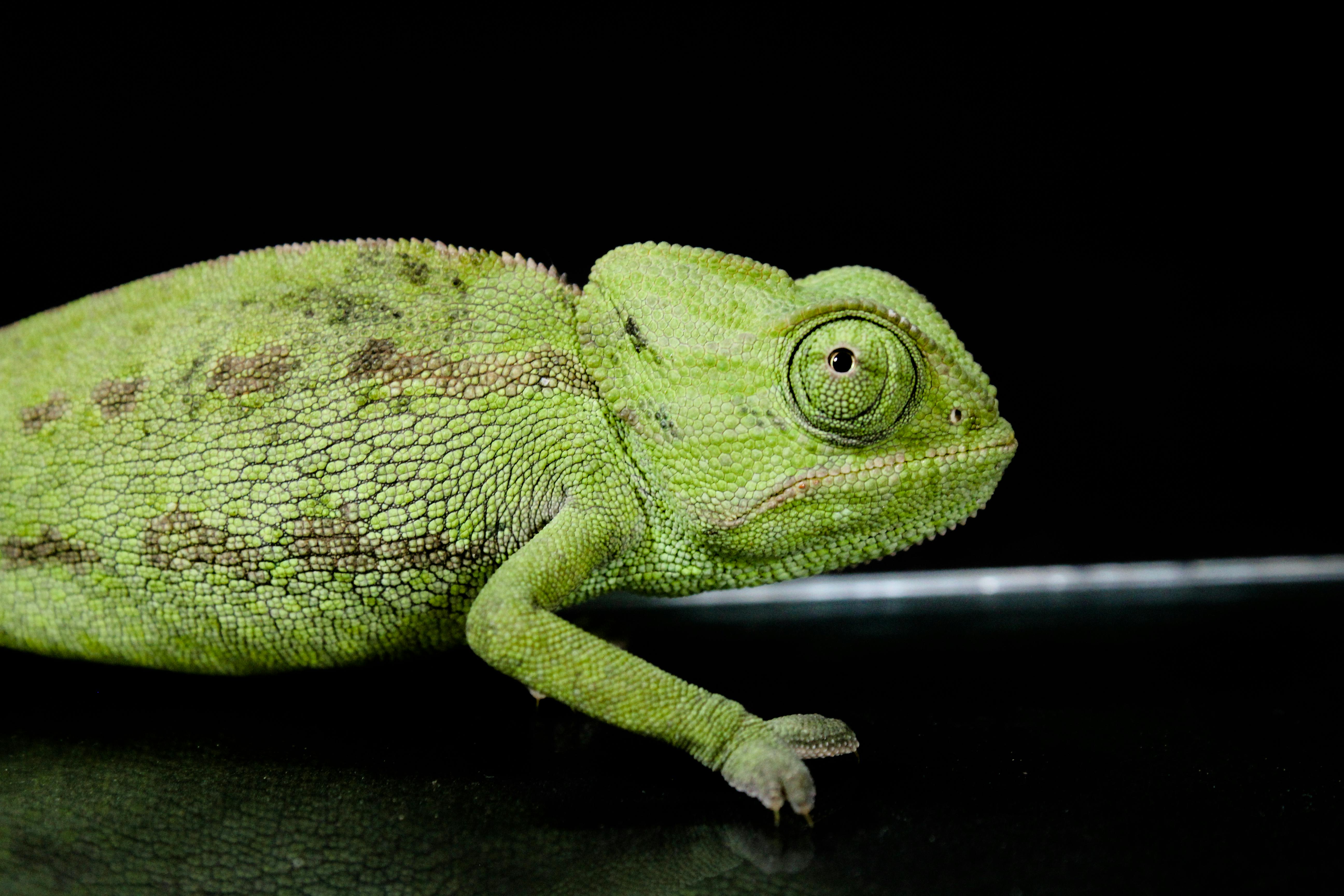
Cats Gone Wild – The Myth
It is a common belief that cats are so independent that they can “go wild” if released to fend for themselves. A secondary part of that myth is that cats are not as domesticated as dogs and are inches from being wild anyway.
These two related beliefs are both wrong. The perception of the independent cat is just that … a perception, based on the observable behaviors of cats that may appear disinterested in their surroundings, such as inside their home, where they may not feel completely safe.
The truth is that cats are by nature very observant of their environment as a means of survival. If they move, make noises, and get excited (like dogs do), it is counterproductive to a survival protocol. Cats know that they are small and therefore they are much more cautious so that they are easily seen by potential enemies and therefore they hide to protect themselves. In the absence of coverage, they may just freeze, motionless, like a statue.
The other idea that cats are a whisper away from their wild ancestry is also incorrect. Cats have been living with humans for thousands of years. They may not provide unwavering obedience like dogs do, but they are no less capable of bonding with their people. It’s just that people haven’t been willing to really see them for the loving and willing pets that they can be. Again, being small, they are more aware of their vulnerability to harm from larger beings. And humans have historically been one of their worst enemies, not only torturing and abusing them, but also blaming them for things they are not even capable of, like pests, killing babies, etc.
A cat born into a human household, especially in the popular adoption scenario of taking a kitten out of its mother’s care too early, is definitely not going to produce a cat that is close to being wild. Giving a fully domesticated cat its “freedom” in the open is equivalent to releasing a human child in Siberia without any knowledge of survival. It’s not that humans can’t live there … it’s that they need to learn to.
Another common idea is that cats are “supreme hunters” and are therefore blamed for the loss of bird populations, for example. A domesticated house cat is not a supreme hunter. Instincts, you say? Sure, the urge may be there, but if they haven’t been taught hunting skills, they’ll fail more than they can and usually die before they can learn by doing.
Due to the misunderstandings that people have about the behavior of cats, the existence of the cat has been fraught with dangers from humans more than any other threat to their well-being. If you have a cat and you do not provide security, protection and comfort, the cat will learn not to trust you. Thus, it will be on guard at all times in your presence. This gives people who don’t get the impression that a cat is distant or conspiring against them, and may throw the cat out into the open or not stop to think twice about leaving it behind if they move.